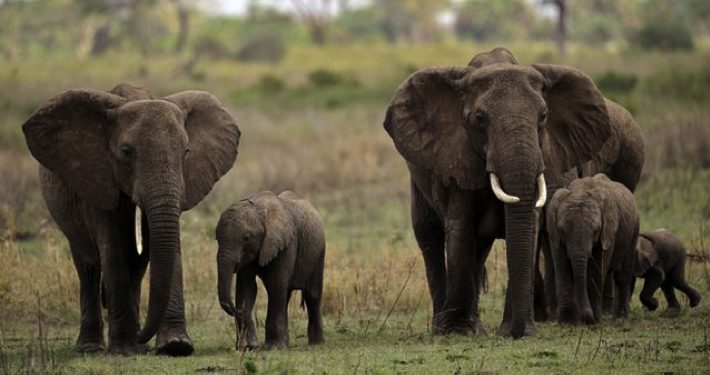Zimbabwe is contemplating a controversial plan to cull elephants in response to a severe drought that has left many citizens facing hunger.
Nearly half of the population is at risk of acute food insecurity, prompting discussions about culling up to 200 elephants, according to Tinashe Farawo, spokesperson for the Zimbabwe Parks and Wildlife Authority.
Zimbabwe is home to over 84,000 elephants, significantly above the estimated ecological capacity of 45,000.
This proposal follows a similar decision in neighboring Namibia, which has also opted to cull elephants and other wildlife to address food shortages linked to prolonged drought conditions.
Zimbabwe has the second-largest elephant population in the world, trailing only Botswana.
ALSO READ: Seven UZ students graduate with fake results
Environment Minister Sithembiso Nyoni addressed parliament last week, stating, “We have more elephants than we need, and they are exceeding what our forests can support.” She noted that this overpopulation can lead to resource depletion and increased human-wildlife conflict.
Nyoni explained that the government is working with the Zimbabwe Parks and Wildlife Authority and local communities to develop a plan similar to Namibia’s, which would involve drying and packaging the meat to distribute to those in need of protein. She highlighted that when elephants exceed park boundaries in search of food and water, conflicts with humans often arise.
Both Zimbabwe and Namibia, along with several other southern African nations, are grappling with severe drought conditions exacerbated by the El Niño climate phenomenon, which has resulted in significantly reduced rainfall this year.









